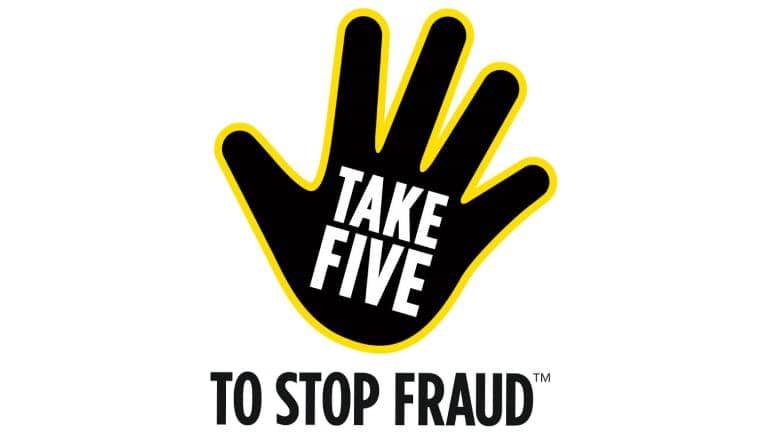
Advance fee scams
When fake companies ask for an upfront fee and then don’t provide the service you’ve paid for.
How it could happen to you
- After a job interview, you're offered a job and told you need to pay a fee to cover background checks or a training course. You pay, and then find out the job doesn't really exist
- You see a great deal on a rental property, but you're told you can't look round. They ask you for a deposit to secure the rental and later you find out the property isn't really available
- You pay to enter a competition on social media, but it isn't real and no prizes are ever drawn
- Someone contacts you to say you've won a competition – it could be one you've entered, or one you've never heard of. They ask you to pay a fee to get your prize, but you never receive anything
- You're looking for a loan and find one that suits your needs, but you're asked to pay an admin fee to secure it
- You receive an unexpected call to say that you've inherited money from a long-lost relative but you need to pay a fee to get it. The scammer might say that the fee will be used as a deposit or an administrative charge, and returned to you later
How to protect yourself
- Research any company offering a job on social media. Check whether they have a website or an office address
- Don't click links from job adverts on social media – type the address into the browser to make sure you're going to the genuine website
- Don't pay money to a company before starting a job
- Use well-known estate agents, and don't sign a rental agreement if you can't visit the property
- Be cautious of competitions or adverts on social media that ask you to pay to enter, or anyone asking you to pay to access something you've won
- Always be suspicious of requests to pay for goods or services you haven’t ordered or are unaware of, especially if you’ve had to pay fees upfront
- If you’ve been contacted by someone claiming to be from a company, always phone back on a number you know to be correct
- Remember – you can't win a lottery or competition that you haven’t entered
- Question anything that seems too good to be true – it usually is
What does it look like?
We've written a story that shows what an advance fee scam might look like. It describes common tactics we know scammers use, based on insights from our fraud and scams team.
Types of scams to watch out for
These are among the most common tricks currently used by scammers but they constantly come up with new ways to contact you, so be vigilant.

Impersonation scams
When someone pretends to be the police, a bank, a friend or business, to convince you to send them money.

Investment scams
When you’re invited to invest in things that are worthless, or don’t exist.

Purchase scams
When fake or non-existent items are advertised for sale.

Advance fee scams
When fake companies ask for an upfront fee and then don’t provide the service you’ve paid for.

Invoice scams
When account details on an invoice are changed, or emails are intercepted, so the money is wrongly paid into the scammer’s account.

Romance scams
When someone pretends to be interested in a romantic relationship with you. They gain your trust and then ask for money.

Pension scams
A scammer says they can make you money, and convinces you take a lump sum out of your pension – then steals it.

Doorstep scams
A rogue trader knocks on your door and pretends your house needs work – then overcharges you for it and often doesn't finish the job.

Bereavement scams
A scammer contacts you after someone has died, and says you owe money to pay off a debt or access a payout.

Phishing, smishing, and vishing
You receive an email, text message, or call claiming to be from a well-known company or organisation such as a bank or the police.
You may also like…

Protect yourself from fraud
Learn about the different types of fraud
More and more people are being targeted by fraudsters, so it’s important to be alert. Knowing about the different types of fraud can help you protect yourself and your money.

Think you’ve been a victim?
How to report fraud or a scam
Find out what to do if you’re worried about a card payment, how to report fraud and scams and what happens after you tell us, plus get tips on how to help protect yourself.

Take Five to stop fraud
National awareness campaign
Take Five is led by UK Finance and backed by the Government and other organisations. If you receive a phone call, text or email you think might be fake, it urges you to stop – take five – and challenge what you’re told.